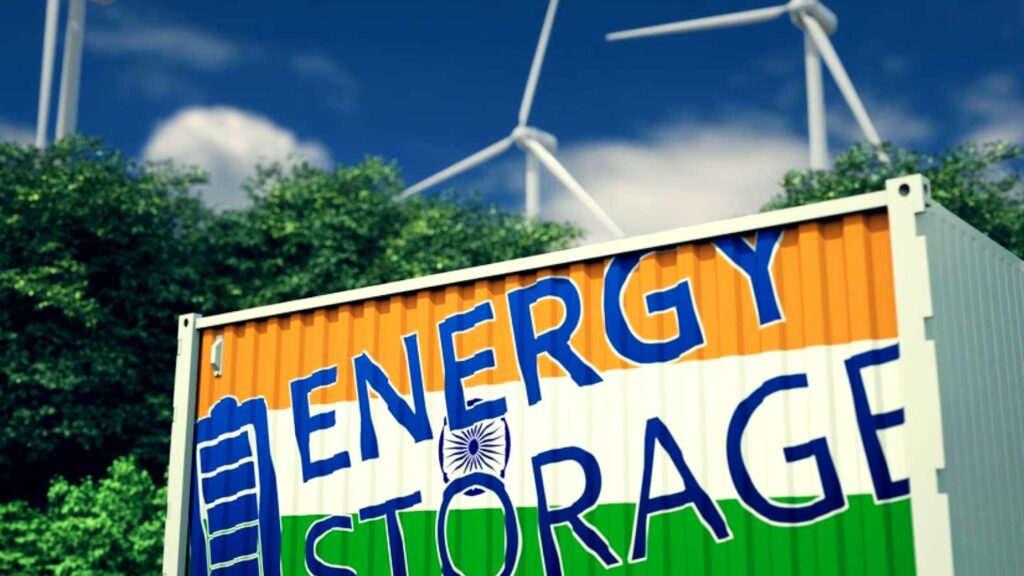The Rajasthan Integrated Clean Energy Policy 2024 represents a transformative step in the state’s commitment to achieving a sustainable energy future. This policy sets a comprehensive roadmap for transitioning to renewable energy (RE), with a pronounced focus on leveraging Rajasthan’s abundant solar energy potential. Beyond solar, it also explores diversification into other renewable energy sources, creating a powerful framework for a cleaner and greener Rajasthan.
Harnessing the Power of the Sun: Key Solar Initiatives
Rooftop Solar Power Systems (RooP)
With rooftop solar power systems, Rajasthan’s new strategy seeks to democratize solar energy. Homeowners and businesses can now install rooftop solar panels to produce their own electricity thanks to programs like Net Metering. In addition to lowering energy costs, the extra incentive of selling excess energy back to the grid turns consumers into prosumers who actively contribute to energy production.
Improving Access to Solar
To increase public access to solar power, the state government has implemented a number of incentives, including monetary subsidies. By removing financial obstacles, these programs make renewable energy options accessible to a wider spectrum of customers and guarantee that they are not just for wealthy groups.
Expanding Access Through Shared Solutions
The policy’s main features include cutting-edge programs like Group Net Metering (GNM) and Virtual Net Metering (VNM). These initiatives make it possible for several users to profit from a single solar power plant, making them the perfect choice for people or companies with limited resources or space. Fair access to renewable energy is guaranteed by this cooperative strategy.
Decentralized Solar Power Projects
The creation of decentralized solar power installations near consumption hubs is another priority of the initiative. The state can improve overall grid efficiency and lower transmission and distribution losses by placing these projects close to load centers. This decentralized approach fits Rajasthan’s goal of having a robust and effective energy system.
Solarizing Agriculture
In a major step toward integrating renewable energy with agriculture, the legislation promotes the use of solar-powered irrigation pumps by farmers. This program encourages sustainable farming methods while lowering farmers’ reliance on traditional electricity. It guarantees financial gains for the farming community by reducing energy expenses.
Beyond Solar: A Diversified Renewable Energy Landscape
Off-Grid Solar Solutions
The strategy encourages off-grid solar applications for isolated and off-grid locations. These include solar pumps and independent solar systems that meet the energy requirements of localities without access to the main grid. Inclusion in the state’s energy transformation is guaranteed by this emphasis on decentralized energy.
Large-Scale Utility Grid Projects
Rajasthan promotes the construction of massive solar power facilities to address the state’s growing energy needs. By adding renewable energy to the state’s electrical grid, these projects will increase capacity and meet the rising energy demands of homes and businesses.
Renewable Energy Parks (RE Parks)
The creation of Renewable Energy Parks—zones with cutting-edge infrastructure specifically for renewable energy projects—is given top priority under the policy. These parks seek to draw investments, expedite the development process, and hasten the adoption of renewable energy technology.
Electrifying Transportation
The program encourages the construction of renewable energy-powered charging infrastructure in recognition of the benefits that renewable energy and electric mobility may provide. This action contributes to lowering the carbon footprint of Rajasthan’s growing automobile population and is in line with the global movement for greener transportation.
Benefits for Rajasthan: A Sustainable Future
Environmental Sustainability
The state’s need for fossil fuels will be greatly diminished by the switch to renewable energy, which will result in lower carbon emissions. This makes Rajasthan a pioneer in environmental care and is consistent with India’s larger climate aspirations.
Improved Energy Security
Rajasthan can lessen its reliance on imported fuels by utilizing renewable resources including solar, wind, and biomass. By guaranteeing a steady and dependable energy supply going forward, this change improves energy security.
Growth of the Economy
The field of renewable energy has the potential to significantly boost economic expansion. The industry will support Rajasthan’s economy by generating a large number of direct and indirect job opportunities, from producing solar panels to developing RE parks.
Improved Livelihoods
Local communities, small businesses, and farmers stand to gain a great deal. Economic resilience can be promoted and livelihoods improved by lower energy prices and chances to earn extra money through solar power generation.
Challenges and Solutions
Land Acquisition
Land acquisition is one of the main obstacles to carrying out large-scale RE projects. In order to overcome this, the policy promotes the use of non-arable and waste land for energy projects and uses creative land-use models.
Financing
For many customers, high upfront prices continue to be a deterrent. This is lessened by the Rajasthani policy, which offers low-interest financing for the use of renewable energy through partnerships with financial institutions, tax incentives, and subsidies.
Public Awareness
Public awareness is still a problem despite the benefits of renewable energy. To inform the public about the advantages of renewable energy, the state government has laid up a comprehensive public engagement plan that includes workshops, campaigns, and community outreach initiatives.
Conclusion
An innovative step toward creating a sustainable and energy-secure future is the Rajasthan Integrated Clean Energy Policy 2024. In addition to meeting the state’s energy demands, the strategy supports India’s international climate pledges by encouraging innovation and giving priority to the development of renewable energy. Rajasthan is positioned to lead India’s transition to sustainable energy because of its emphasis on efficiency, egalitarianism, and environmental sustainability.
As the program develops, it will surely encourage other states and countries to follow suit, demonstrating that environmental preservation and economic growth can coexist. Rajasthan’s audacious action establishes a standard and demonstrates how a state can use its natural riches to create a more promising and environmentally friendly future.



This policy is a game-changer for Rajasthan! The focus on rooftop solar, renewable energy parks, and solarizing agriculture shows a clear commitment to sustainability and energy security. Truly inspiring!